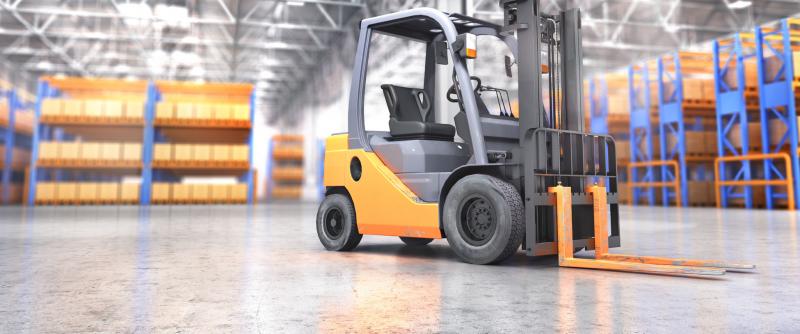In the quest for sustainability and resource conservation, the concept of the circular economy has gained prominence, and forklift truck remanufacturing has emerged as a key practice within this framework. Remanufacturing involves the process of restoring used forklift trucks to their original or near-original condition, extending their lifespan and minimizing waste.
The circular economy approach to forklift trucks begins with responsible end-of-life management. Instead of sending old or worn-out forklifts to landfills, remanufacturing facilities dismantle, inspect, and identify components that can be refurbished or replaced.
During the remanufacturing process, components such as engines, transmissions, and hydraulics are carefully refurbished or rebuilt, while worn-out parts are recycled responsibly. Advanced cleaning and quality control procedures ensure that remanufactured forklifts meet or exceed industry standards, delivering performance comparable to new machines.
According to Coherent Market Insights, the global forklift truck market size was valued at US$ 40.24 billion in 2022 and is anticipated to witness a compound annual growth rate (CAGR) of 11.1% from 2023 to 2030.
Forklift truck remanufacturing offers significant benefits. Firstly, it reduces the demand for raw materials and energy needed to produce new forklifts, leading to a reduced carbon footprint. Secondly, remanufactured forklifts are more cost-effective, allowing businesses to acquire quality equipment at a fraction of the cost of buying new.
Furthermore, the remanufacturing industry generates job opportunities for skilled workers in refurbishment and maintenance, contributing positively to the economy.
For businesses committed to sustainability, remanufacturing aligns with their environmental goals while still meeting their material handling needs. By supporting the circular economy through forklift trucks remanufacturing, companies can demonstrate their commitment to sustainable practices and contribute to a greener future.
